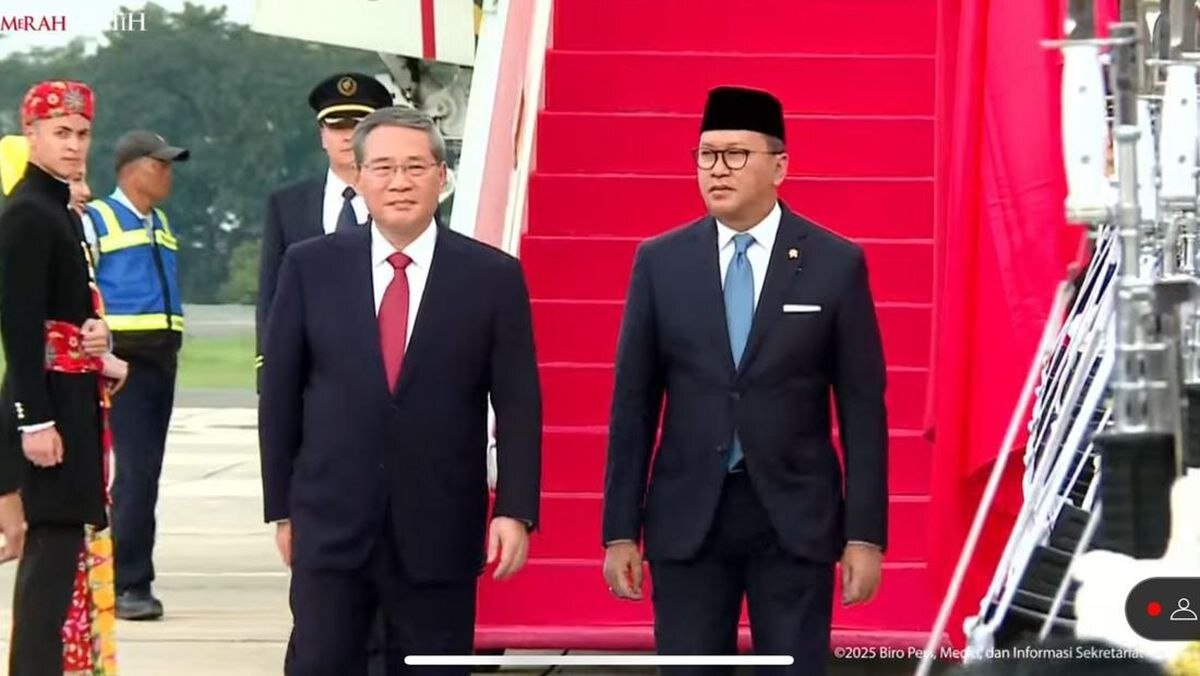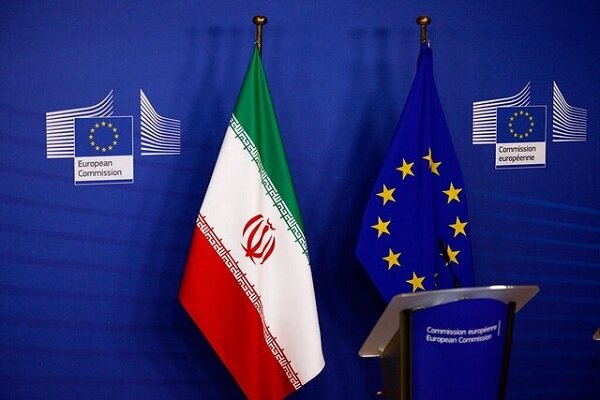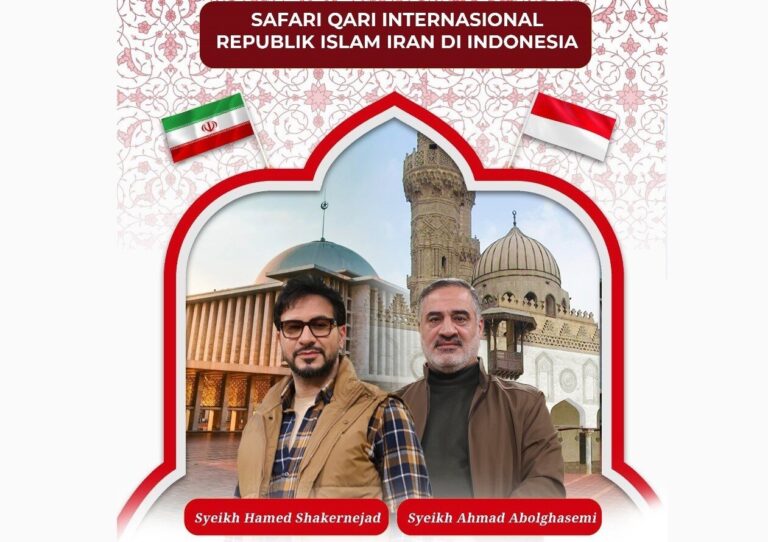China’s PM Li Qiang Highlights Bandung Spirit and True Multilateralism During Indonesia Visit
In a significant diplomatic move, Chinese Prime Minister Li Qiang has highlighted the importance of the Bandung Spirit during his official visit to Indonesia. As major players among developing nations and prominent voices of the Global South, both China and Indonesia are positioned to champion the values of cooperation and solidarity that emerged from the historic Bandung Conference.
Li Qiang’s remarks were made in a written statement upon his arrival in Jakarta, following an invitation from President Prabowo Subianto. This visit underscores the intent of both countries to strengthen their bilateral relations amid evolving regional dynamics.
The official visit will proceed through Monday, after which Li will participate in the ASEAN-GCC-China Summit in Kuala Lumpur from May 26 to 28, following an invitation from Malaysian Prime Minister Anwar Ibrahim.
Indonesian journalist Winda Nelfira shared insights with the Tehran Times, emphasizing the strategic significance of Li’s visit. She stated that “Li Qiang’s presence sends a clear signal that China is eager to remain one of Indonesia’s key partners across various sectors, including the economy, investment, and regional geopolitics.” This visit is described as more than ceremonial; it represents a strategic moment for both nations to align their development visions.
Nelfira further elaborated, saying, “It also highlights how China views Indonesia as a crucial anchor in Southeast Asia, one that plays a key role in maintaining regional balance and deepening ASEAN-China cooperation.” This sentiment reflects the growing importance of Indonesia in the Southeast Asian geopolitical landscape.
The prime minister’s emphasis on the Bandung Spirit is a testament to China’s commitment to fostering true multilateralism. The Bandung Conference, held in April 1955, marks its 70th anniversary this year. This pivotal gathering brought together 29 newly independent nations, aiming to enhance cooperation and solidarity among countries from the Global South.
Historically, the Bandung Conference was crucial as it represented the first collective effort by emerging nations to challenge imperialism and colonialism. The principles that emerged from this conference advocate for sovereign rights and a fair global order. The core values of the Bandung Spirit—solidarity, friendship, and cooperation—have laid the groundwork for modern multilateralism and global governance.
During his recent Southeast Asia tour in April, Chinese President Xi Jinping reiterated the importance of building a shared future for humanity. This commitment reflects the enduring legacy of the Bandung Conference and the ongoing relevance of its principles in contemporary international relations.
- Strengthening Bilateral Relations: Li Qiang’s visit aims to bolster ties between China and Indonesia across various sectors.
- Multilateralism Focus: Li emphasizes the need for enhanced solidarity and coordination to promote true multilateralism.
- Strategic Significance: Indonesia is viewed as a key partner for China in maintaining regional balance and expanding ASEAN-China cooperation.
- Historical Context: The 70th anniversary of the Bandung Conference serves as a reminder of the importance of cooperation among developing nations.
As both nations navigate the complexities of the current geopolitical landscape, their partnership is poised to become a cornerstone of stability and collaboration in the region. The mutual interests in economic development, investment, and regional security will likely guide discussions during Li Qiang’s visit and beyond.
In conclusion, the visit of Prime Minister Li Qiang to Indonesia underscores a significant moment in the evolving relationship between China and Indonesia. By embracing the principles of the Bandung Spirit, both countries can work together to build a more equitable and cooperative global order, reflecting the aspirations of the Global South.






